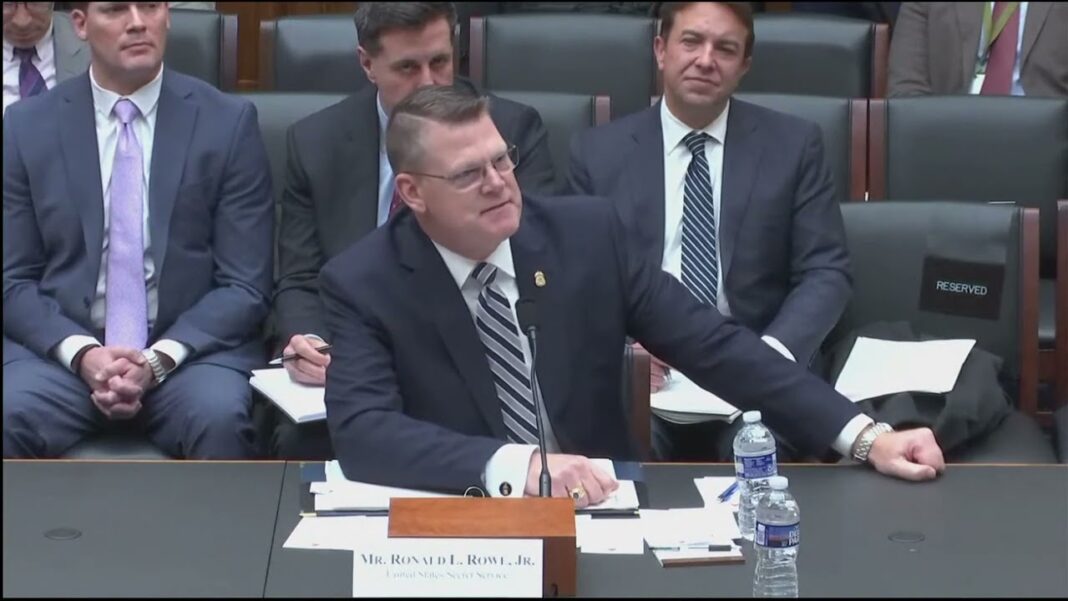The university is ending DEI statements for faculty hiring, reflecting a national trend to reassess controversial diversity policies.
The University of Michigan has announced that it will no longer require diversity, equity, and inclusion (DEI) statements for faculty hiring, promotion, and tenure decisions, marking a significant shift in its approach to DEI on campus.
Announced on Dec. 5, the decision followed an October recommendation by an eight-member faculty working group to end the requirement for DEI statements. The group reviewed faculty feedback and policies at peer institutions, concluding that such statements risk limiting freedom of expression and diversity of thought.
University Provost Laurie McCauley said that, despite the policy shift, diversity, equity, and inclusion remain core values at the University of Michigan and suggested that the institution will look for ways to weave DEI themes into its policies but in ways that are less controversial.
“Diversity, equity, and inclusion are three of our core values at the university. Our collective efforts in this area have produced important strides in opening opportunities for all people,” McCauley said in a statement. “As we pursue this challenging and complex work, we will continuously refine our approach.”
The university had no institution-wide mandate for DEI statements, leaving individual departments discretion over their use. Critics, including faculty members who responded to a university-wide survey, said that the statements often acted as ideological “litmus tests,” pressuring candidates to espouse specific views.
“Critics of diversity statements perceive them as expressions of personal identity traits, support of specific ideology or opinions on socially-relevant issues, and serve as a ‘litmus test’ of whether a faculty member’s views are politically acceptable,” the working group wrote in a report that was cited in the university’s announcement. “Thus, as currently enacted, diversity statements have the potential to limit viewpoints and reduce diversity of thought among faculty members.”
While supporters of these changes say that DEI policies often impose ideological conformity, others see these rollbacks as a threat to principles like equity and inclusivity.
For example, a Dec. 3 petition with about a dozen signatures, as of the time of reporting, calls on the University of Michigan’s leaders to reconsider rolling back DEI on campus.
By Tom Ozimek






